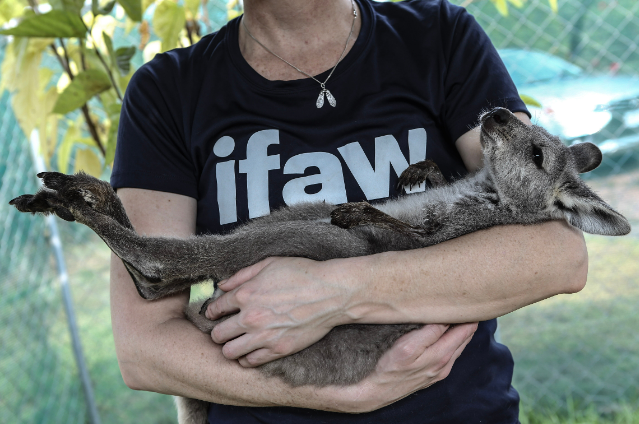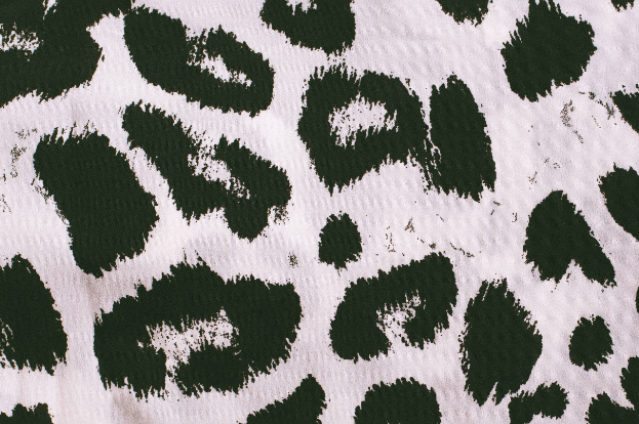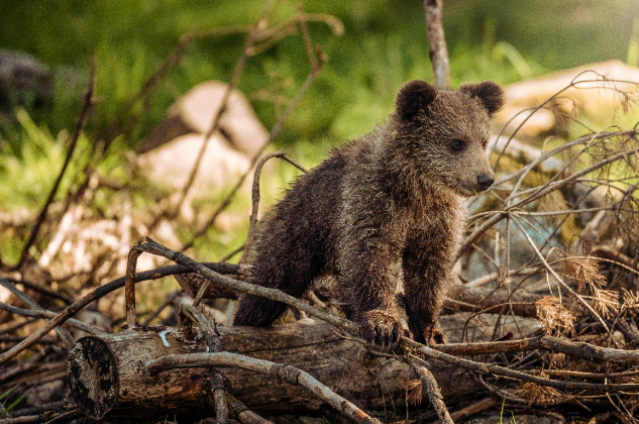Introduction
Imagining a world without animals... and a crop in the field growing by itself without the help of worms in the soils which make them fertilized? Can pollination take place by itself without the help of bees? does milk contain all the necessary proteins and other nutrients rather than a cow's milk? will there be a balance in the food chain? will there be a balance in nature? environment? overall on the planet?......animals not only are useful to humans in these ways but they play a major role in our mental health also...... speaking of which.... we humans are dependent on animals in various ways!!
Role in our mental health:

People leading a stressful life....those who are lonely are more prone to develop mental issues so having a pet animal at home not only soothes their mental health but also refreshes their minds.
Many people experiencing mental health problems report that the combination of caring for animals and the unconditional love they receive back is life-changing, improving their mental well-being and their quality of life (Robinson, 2020).
Having someone (nonhuman) that needs us and can gauge how we feel without expectation or judgment is hugely valuable. Playing with pets increases levels of serotonin and dopamine, promoting calm and relaxation. Pets improve the quantity and quality of socialization, providing conversation points when meeting people out walking.
Thus "ANIMALS MAKE HUMANS MORE HUMANS."
Risking their innocent lives for our sake unnecessarily!
Is it really necessary to wear a leather jacket or any other accessories made of leather that cause the slaughtering of animals? we all know about the "poaching and hunting" i.e, Leopards, cheetahs, crocodiles, snakes, cattle, and alligators for their skin, minks, foxes, beavers, jackals, rabbits, skunks, possums, etc. for fur, elephants for ivory, tiger nails, feathers, horns, bones of animals, etc. are used for the purposes of jewelry, making various instruments and decorative pieces, bone fertilizers, etc.

Animals are skinned alive for the fur and skin, and many times they are bashed to death. What does this say about humans? And where is the conscience of the people who are initiating such acts of violence against animals? these all come under animal abuse!! which obviously leads to the extinction of these poor innocent species who can't speak for themselves.
Destroying their homes for the sake of ours!
our planets used to have so much of forests which is a habitat for millions and millions of animals. but we humans being selfish and thinking about ourselves keep on destroying those forests and hence their homes. Animals and Humans share this planet and as the number of humans increases, they would encroach on the animal territory.- Deforestation – cutting forests to clear land for agriculture or for wood destroys the habitat of animals living in forests. As a consequence, animals are forced to relocate and sometimes they get into human habitats.
- Pollution – polluting water by releasing harmful substances like toxic industrial wastes can wipe out the habitats of fish. As a result, many fishermen become unemployed and both the fish population and the human population suffers.
- Hunting – Animals are hunted for their skins, meat, and body parts. As the demand for these products grows, more animals are killed resulting in many species becoming endangered.

It is common to see wild animals accidentally wander into cities and then get killed. in India, we often see the news of elephants running into people's villages and a few getting killed because we humans are disturbing them by living in their space. thinking of how can we tolerate a stranger entering our house and start living despite our efforts to make them leave?? it is the same case for these animals too...
Action!
so to make our planet better, we need to take action to protect these poor creatures. it is our duty to save them. we have to raise our voices for them. they are helping us in many ways so it is our duty to help them this time. please stop destroying forests for the construction of malls and other buildings. Animals have a heart that feels, eyes that see, and families, to care for like you and me. they have every right to be on this planet.Solutions for Habitat destruction and protecting animals:
- Conservation – designate natural habitats as protected areas.
- Animals are important – Help people realize that animals are very important for the environment and for the survival of mankind.
- Give incentives – Animals can become a source of revenue for communities near protected habitats. Money earned by tourism should be shared with communities. This can result in them taking ownership of protecting the animals. They would view the habitats and the animal as assets.
Strict laws need to be put in place to protect these loving creatures who are at our mercy. The way we treat creatures that are at our mercy, reveals our true character. As Milan Kundera says in The Unbearable Lightness of Being, “Mankind’s true moral test, its fundamental test (which lies deeply buried from view), consists of its attitude towards those who are at its mercy: animals. And in this respect mankind has suffered a fundamental debacle, a debacle so fundamental that all others stem from it.”

We can judge a heart of a person by the way they treat an animal so be a better person and stop abusing animals and killing them for our human sake. if you encounter any type of animal abuse please report it immediately as it can save the life of that innocent species. and try to provide shelter for homeless stray dogs, and cats or at least feed them with what to have. show the better version of yourself by showing some compassion towards them. Thus I conclude that from this article you might learn something and be a better person.
The greatness of a nation and its moral progress can be judged by the way animals are treated! - Mahatma Gandhi
